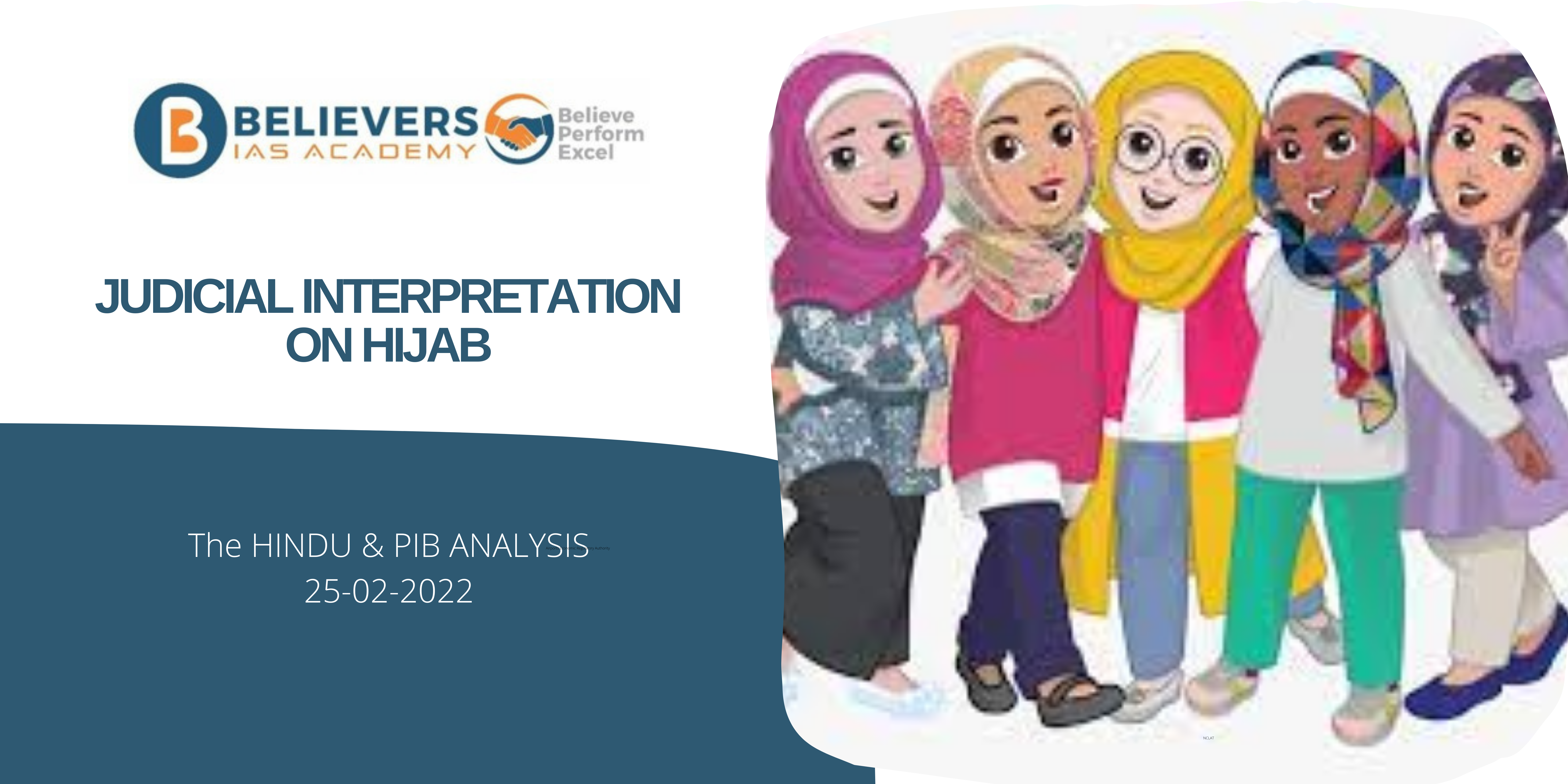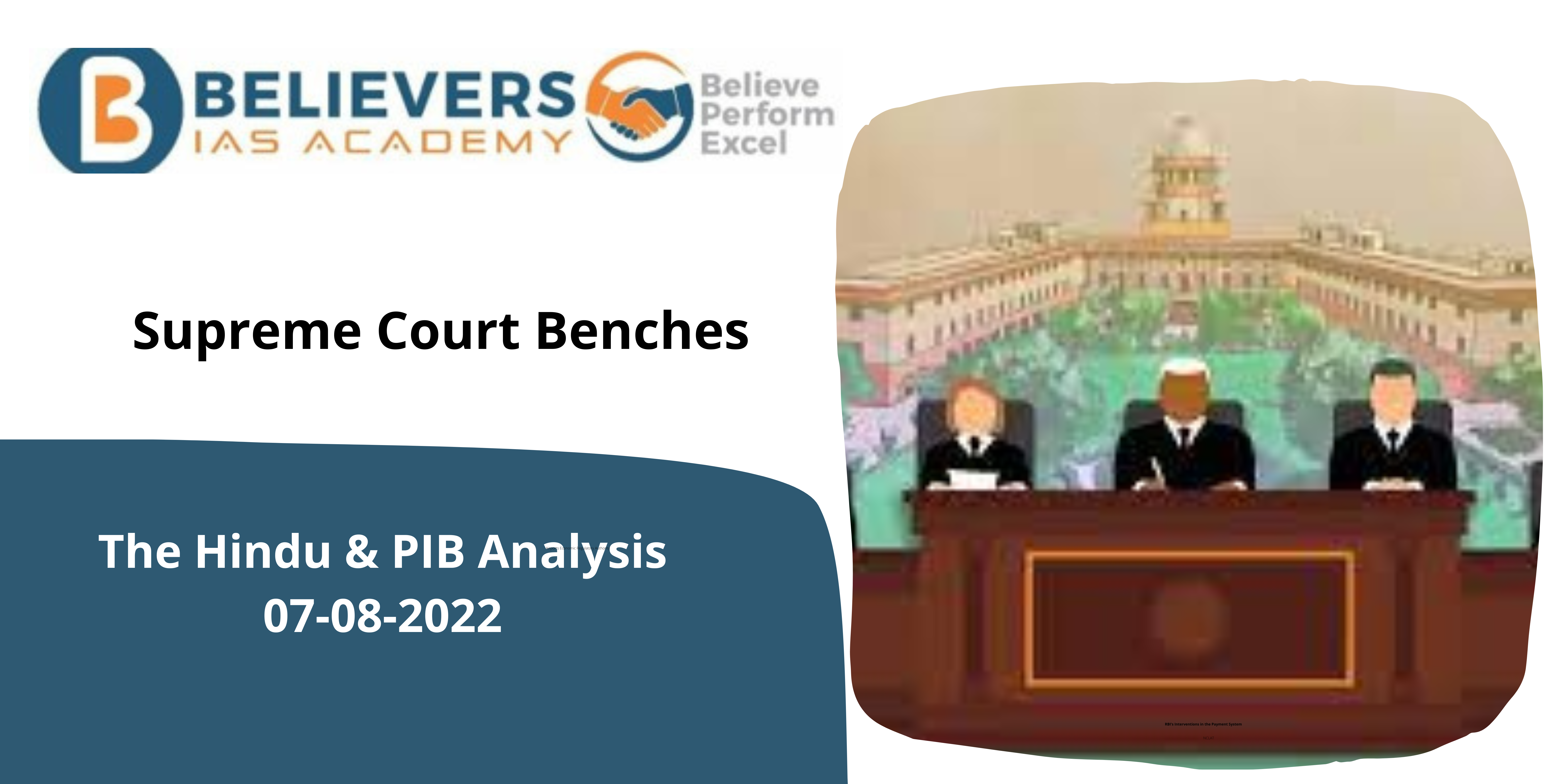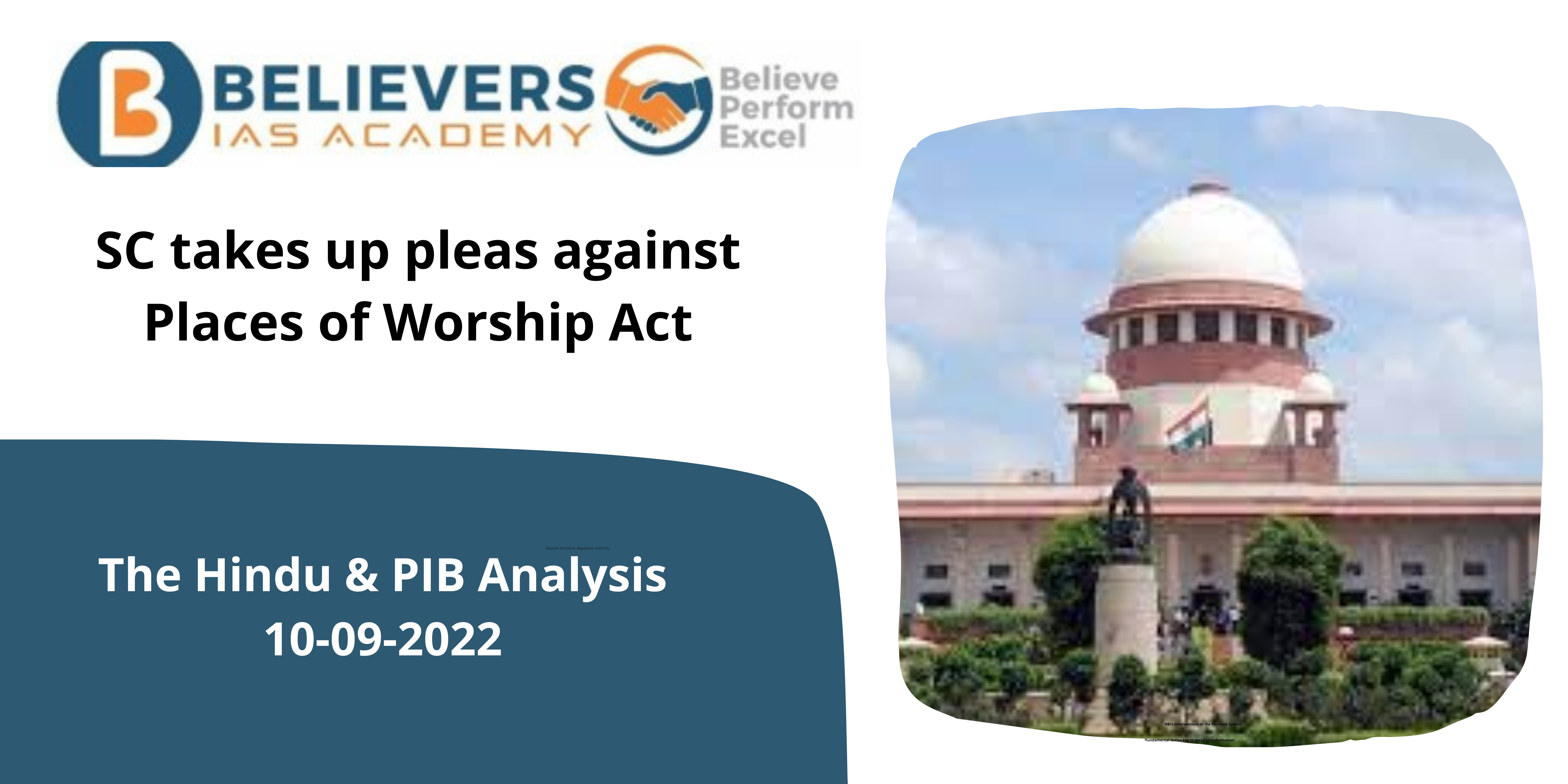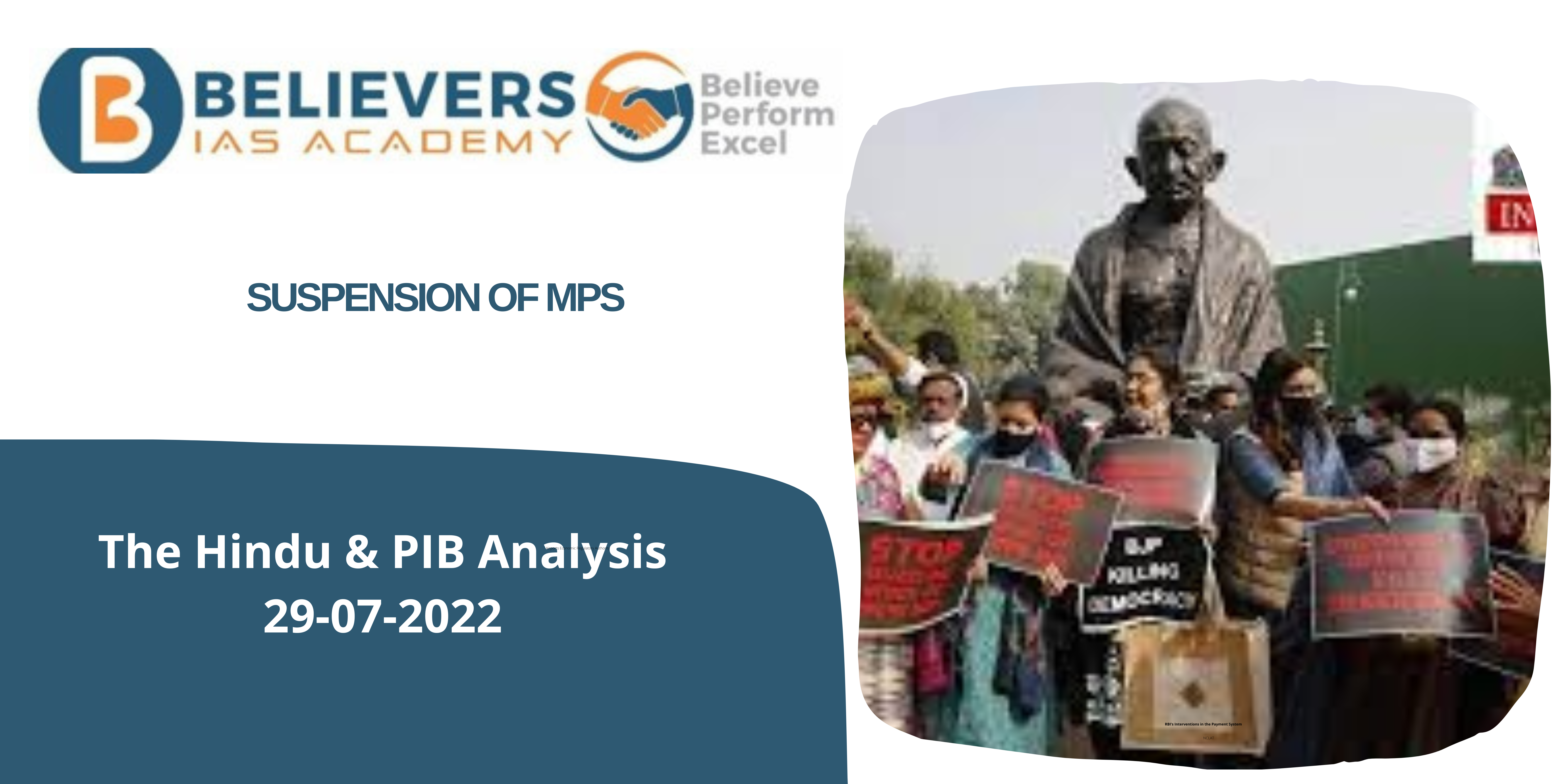Judicial Interpretation on Hijab
Context:
- Purdah or burkha may not be an essential religious practice but headscarf is, it was contended before the High Court of Karnataka on Thursday on behalf of two Muslim girl students from the Government PU College at Kundapur in Udupi district.
- two judgments of the Kerala High Court and one judgment of the Madras High Court on a categorical finding that hijab is an essential religious practice though purdah or burkha may not be.
Background:
- The right to wear the hijab has been granted in the United Nations Convention on Child Rights to which India is a signatory.
- While the Constitution does not draw a distinction between “essential” and “non-essential” practices of a religion, courts have formulated this test starting from the 1950s in cases involving disputes over religion. They have held that the constitutional guarantee of the freedom of religion applies only to practices that are essential to that religion, conventions without which the nature of the faith would be transformed.
- As a result of this emphasis, in cases involving the freedom of religion, parties often argue on whether a practice is essential to a religion or not.
- Article 25(1) of the Constitution of India guarantees freedom of conscience and the right to practise religion. Article 26(b) also gives religious denominations the right to manage their “own affairs in the matters of religion”.
- Over the years, the courts have held that only the practices that are essential to a religion will be protected under these provisions. Thus courts are often called to test whether something is an essential religious practice or not.
Essential Religious Practices Test:
- The Supreme Court has held that the essential part of a religion refers to the “core beliefs upon which a religion is founded”. The test for essential religious practice is to see if the “nature of the religion will be changed without that” practice.
- The Supreme Court has said that if taking away that practice results in a “fundamental change in the character of that religion”, then that practice is an essential practice.
- The Supreme Court has also said that the determination of what qualifies as essential has to be made “according to its tenets, historical background and change in evolved process etc”.
Source: THE HINDU.




